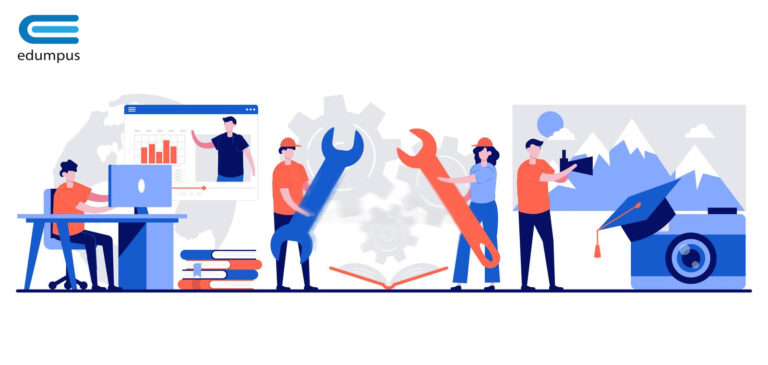Need expert advice?
Feel like you need detailed guidance for further study options?
Technical education in India has been very popular for a long time, since its first institution founded in 1847, India has advanced a long way since then in science and technology leading to a huge rise in new institutions coming up to provide necessary vocational training for their technical courses.
To maintain standards in education The All India Council for Technical Education (AICTE) was set up in 1945. AICTE is responsible for the planning, formulation, and maintenance of norms and standards, quality assurance through accreditation, funding, monitoring, and evaluation, maintaining parity of certification.
But this system has been severely strained in recent times, some reason being
1. The absurd rise in substandard technical education institutions and a stagnant system of the curriculum. Due to this, there has been a rise in substandard education and inexperienced graduates who have saturated the markets raising unemployment rates as high as 80%. Many of these graduates are qualified only in degree, lacking key skills in their specializations or extracurricular skills.
2. Discouraged or indifferent students: Another key factor at play is the fact that many people aren’t committed to the career paths they choose, finding their degrees to only be a means to an end for income or financial security, this is often attributed to the rigid curriculum and substandard teaching techniques many colleges and universities fall prey to. Boxed into the service sector due to the rapid growth in the IT sector has limited career training into a linear path, preventing many students from understanding and realizing their passions.
3. Administrative bloating: While the salaries of most professors are middling at best, unchecked, poorly planned, and enormous administrative expenditures damage life and quality of education on campus. Infrastructure is a one-time investment that requires planning, patience, and strict consistent standards of transparency.
4. While India produces highly skilled technical graduates, many of them do not get the services they’ve bargained for.
Vocational Educational Training in India is in need of widespread reforms, to enforce higher standards of transparency, a more flexible and nuanced approach to technical training.




